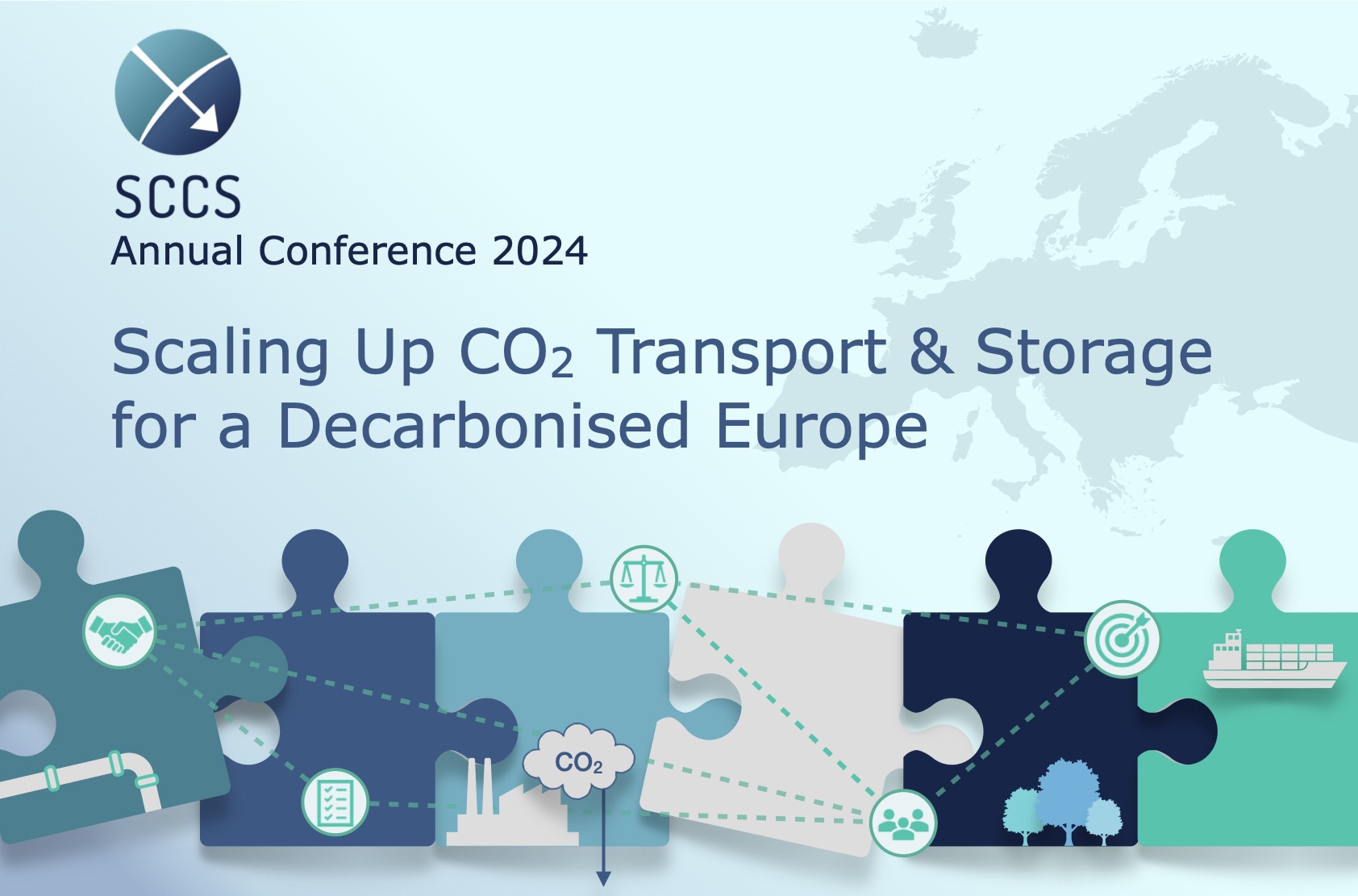
CCUS projects across Europe are nearing final investment decisions (FID), with UK announcements for the Track-1 Clusters. In the EU, the Net Zero Industry Act (NZIA) and Industrial Carbon Management (ICM) strategy confirm the essential and transformational role that carbon capture, utilisation, and storage will play in meeting net zero targets, with increasingly ambitious targets and groundbreaking obligations on the oil and gas industry to make it happen.
A vast reserve of storage capacity lies below the North Sea under the jurisdiction of the UK, Norway, Denmark, and The Netherlands. This offers an opportunity for these countries to import CO2 from neighbours who have ambitious commitments to decarbonise but lack local access to mature storage assets. For a regional marketplace of imports and exports to become a reality, pieces of the puzzle need to be in place. Some barriers, while not insurmountable, remain.
Right now, the rate of subsurface storage development in the North Sea validated to commercial quality is too slow to meet decarbonisation targets across Europe. In the UK, storage capacity approaching FID is already oversubscribed by the volumes of industrial CO2 targeted for capture. The free, cross-border flow of captured CO2 necessary for a pan-European network, is also hampered by legal and regulatory hurdles such as the UK’s exit from the EU, the EU and UK ETS, and the London Protocol. Meanwhile, Norway has a shipping solution in place and plans to develop a CO2 pipeline highway to transport EU emissions 1000 kms north, while Denmark and the Netherlands are strategically positioned to capture the market at a lower cost if storage is developed in time.
Featuring a range of expert speakers from academia, industry, government and policy making, this year’s conference discussed what is needed for a multi-user, cross-border, flexible EU-wide CO2 transport and storage network to become reality.
Agenda
0900-1030: Session 1 - POLICY LANDSCAPE
0900-0905 Gillian White, SCCS - Welcome
0905-0915 Stuart Haszeldine, SCCS / The University of Edinburgh - Accelerating CCS by mandate in a rewilding landscape: propping up the past, or developing a radical future?
0915-0930 Olivia Powis, CCSA - How to scale up and deliver the full potential of a cross-border European CO2 market
0930-0945 Andrew Russell, DESNZ - CCUS Policy Landscape: The UK Government’s Perspective
0945-1000 Aymeric Amand, ZEP - Carbon countdown: Overcoming policy and technical hurdles for a climate-neutral and competitive Europe
1000-1015 Daniel Kitscha, DG CLIMA - Industrial Carbon Management: The EU level building blocks
1015-1030 Panel Q&A
1030-1100 Morning Coffee
1100-1215: Session 2 - BOUNDARIES AND BORDERS
1100-1115 Toby Lockwood, Clean Air Task Force - Carbon management developments in the European Union
1115-1130 Ingvild Ombudstvedt, IOM Law - Cross-border CCS beyond the London Protocol
1130-1145 Irina Ålund, Carbon Limits - Norway’s role in accelerating CO2 transport and storage in Europe
1145-1200 Fabian Liss, Bellona - Recent Progress in the Development of a Carbon Management Strategy for Germany – Status Quo and Remaining Challenges
1200-1215 Panel Q&A
1215-1230: KEYNOTE ADDRESS
Dr Alasdair Allan MSP, Acting Minister for Climate Action, Scottish Government – Keynote Address
1230-1330 LUNCH
1330-1500: Session 3 - TECHNICAL CHALLENGES
1330-1345 Carsten M. Nielsen, GEUS - Status for technical challenges and barriers for CO2 storage in Denmark
1345-1400 Stefan Belfroid, TNO - CO2 network operation challenges
1400-1415 Peter McFadzean, Northern Endurance Partnership (NEP) - The Northern Endurance Partnership
1415-1430 Owain Tucker, Shell - Enablers for effective storage development
1430-1445 Gioia Falcone, University of Glasgow - A technical perspective on the issues around containment between storage complexes and across national boundaries
1445-1500 Panel Q&A
1500-1530 Afternoon Coffee
1530-1630: Session 4 - PROJECTS & INFRASTRUCTURE
1530-1545 Andy Brown, Progressive Energy – Enabling a multi-user cross-border flexible EU-wide CO2 transport and storage network: the impact of CO2 stream impurities
1545-1600 Hanne Talboom, Port of Antwerp Bruges - Port of Antwerp-Bruges as CO2 hub for Europe
1600-1615 Martijn Smit, Equinor – Connecting Norwegian Storages to EU emitters: Infrastructure developed and under development
1615-1630 Panel Q&A
1630-1645 Gillian White – Closing Remarks
1645-1900 Drinks Reception
Download Speaker Biographies
Sponsors
Supporters






